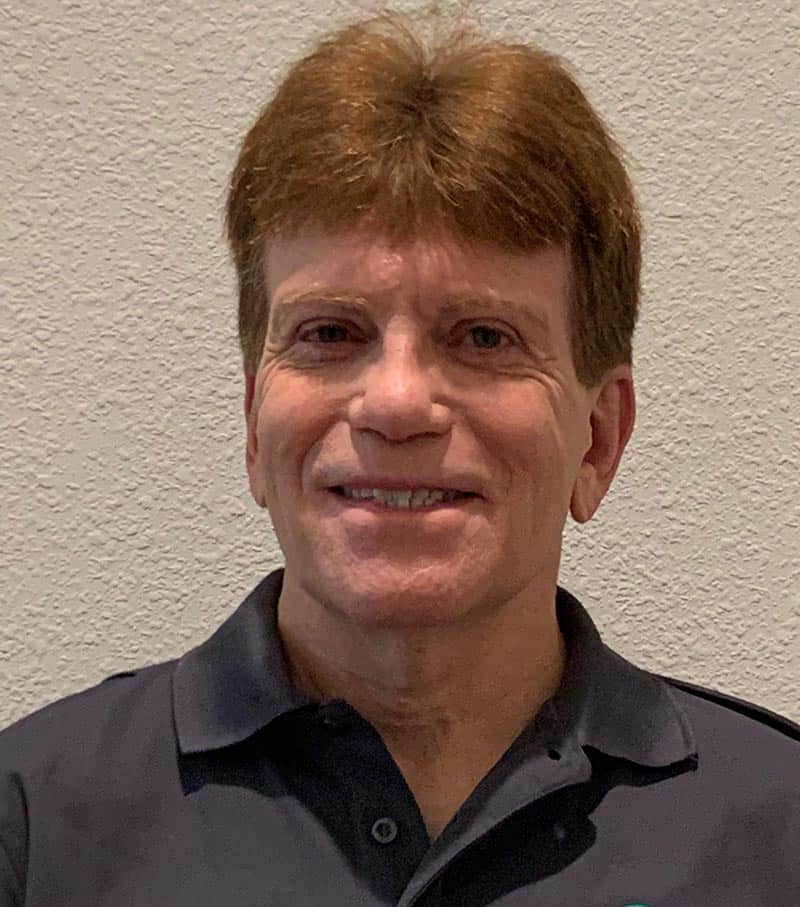What Do Nutritionists Consider a ‘Performance Horse’?
- Topics: Media, Nutrition, Podcasts, Sports Medicine, Sports Nutrition

This podcast is an excerpt from our Ask The Horse Live Q&A, “Feeding Performance Horses.” Listen to the full recording here.
About the Experts:
Clair Thunes
 Clair Thunes, PhD, is an independent equine nutrition consultant who owns Summit Equine Nutrition, based in Sacramento, California. She works with owners/trainers and veterinarians across the United States and globally to take the guesswork out of feeding horses. Born in England, she earned her undergraduate degree at Edinburgh University, in Scotland, and her master’s and doctorate in nutrition at the University of California, Davis. Growing up, she competed in a wide array of disciplines and was an active member of the United Kingdom Pony Club. Today, she serves as the regional supervisor for the Sierra Pacific region of the United States Pony Clubs. As a nutritionist she works with all horses, from WEG competitors to Miniature Donkeys and everything in between.
Clair Thunes, PhD, is an independent equine nutrition consultant who owns Summit Equine Nutrition, based in Sacramento, California. She works with owners/trainers and veterinarians across the United States and globally to take the guesswork out of feeding horses. Born in England, she earned her undergraduate degree at Edinburgh University, in Scotland, and her master’s and doctorate in nutrition at the University of California, Davis. Growing up, she competed in a wide array of disciplines and was an active member of the United Kingdom Pony Club. Today, she serves as the regional supervisor for the Sierra Pacific region of the United States Pony Clubs. As a nutritionist she works with all horses, from WEG competitors to Miniature Donkeys and everything in between.
Marty Adams
 Marty Adams, PhD, ARPAS, is a technical services equine nutritionist for Cargill Animal Health & Nutrition. Cargill owns and manufactures Nutrena Horse Feeds, including SafeChoice, ProForce, Empower and Triumph brands, as well as Legends, ProElite and Progressive Nutrition Horse Feeds and Supplements. He was formerly the equine nutritionist and horse feed manager for Southern States Cooperative. Adams also served as an assistant/associate professor at Louisiana Tech University after graduate school, and then was the equine nutritionist for Seminole Feed before taking the position at Southern States. Adams has two bachelor’s degrees from Missouri State University and earned his master’s and doctorate degrees from the University of Missouri (Animal Science/Equine Specialty). American Registry of Professional Animal Science) certification.
Marty Adams, PhD, ARPAS, is a technical services equine nutritionist for Cargill Animal Health & Nutrition. Cargill owns and manufactures Nutrena Horse Feeds, including SafeChoice, ProForce, Empower and Triumph brands, as well as Legends, ProElite and Progressive Nutrition Horse Feeds and Supplements. He was formerly the equine nutritionist and horse feed manager for Southern States Cooperative. Adams also served as an assistant/associate professor at Louisiana Tech University after graduate school, and then was the equine nutritionist for Seminole Feed before taking the position at Southern States. Adams has two bachelor’s degrees from Missouri State University and earned his master’s and doctorate degrees from the University of Missouri (Animal Science/Equine Specialty). American Registry of Professional Animal Science) certification.
Written by:
Multiple Authors
Related Articles
Stay on top of the most recent Horse Health news with











